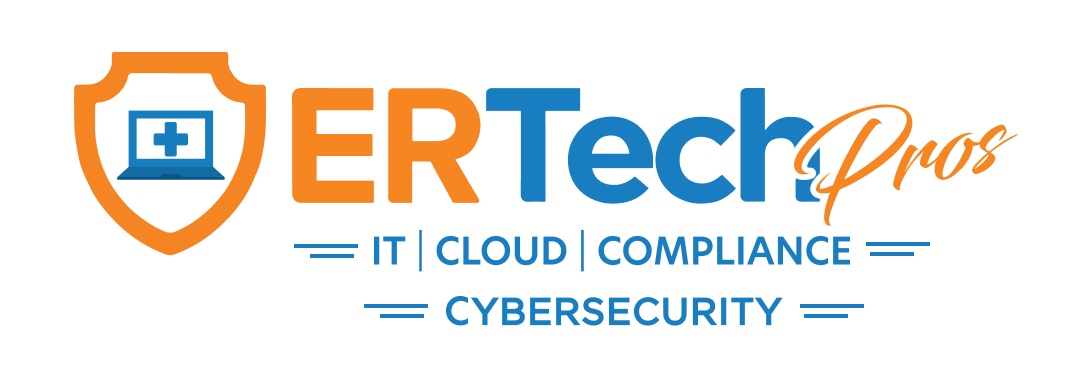With the speed of innovation running faster than ever, adopting the latest technologies is no longer the secret to business success—it’s become the critical norm for surviving the modern marketplace.
Unfortunately, adopting new tech comes with risks.
According to leading cybersecurity technology company
Nord Security, the more technologies a business uses, the more they expand potential weak points and become susceptible to various cyberattacks.
Managing the security of your company’s data, applications, and devices is tricky business.
Do you know the current state of your company’s cybersecurity?
What assets do you need to protect the most?
What layers of cyber protection do you need?
And most importantly,
who should be in charge of your cybersecurity operations?
What is Cybersecurity Operations, And What Are Your Options?
Global cybersecurity company
CrowdStrike defines
cybersecurity operations as the sector in IT focusing on continuous monitoring, proactive detection, thorough investigation, and swift response to cyber threats. It aims to protect an organization’s corporate environment from security compromises and data breaches.
Thanks to today’s technological advancements, you have a vast selection of cybersecurity technologies, strategies, and service delivery models. You just need to figure out which ones work best for your business.
Read More:
Top 3 IT Service Models: Which One is Best For Your Business?
When allocating resources for your company’s
cybersecurity operations, the two most common options are: growing and developing your internal cybersecurity team and outsourcing security services to third-party vendors.
In-House IT Security
Hiring a cybersecurity team in-house refers to recruiting and employing a group of cybersecurity professionals as permanent employees within your organization. These professionals work directly for your company and usually work on-site at your office or headquarters.
By taking the in-house IT security route, you’re building an internal department that protects your organization's digital assets, networks, systems, and data from various cyber threats and security breaches. Your internal security team is responsible for implementing, managing, and maintaining security measures and practices to ensure your cloud and IT infrastructures’ confidentiality, integrity, and availability.
Read More:
Cloud Security Tips That Could Save Your Business
Cybersecurity Outsourcing
Outsourcing your company's cybersecurity operations involves partnering with third-party vendors to handle various aspects of your organization's security efforts.
Instead of building an in-house cybersecurity team, you contract with
managed security service providers (MSSPs) to handle and enhance your cybersecurity measures, policies, and practices. This approach allows you to leverage the expertise and resources of external professionals to strengthen your security posture and protect you from cyberattacks.
Read More:
Email Security Best Practices to Protect You From Phishing Attacks
With outsourcing IT security and hiring an in-house cybersecurity specialist at opposite ends of the spectrum, deciding which one to go with can be confusing.
Understanding each option’s unique benefits and drawbacks is crucial to making the right decisions about your company’s cybersecurity. Here are each option’s pros and cons:
In-House IT Security


















